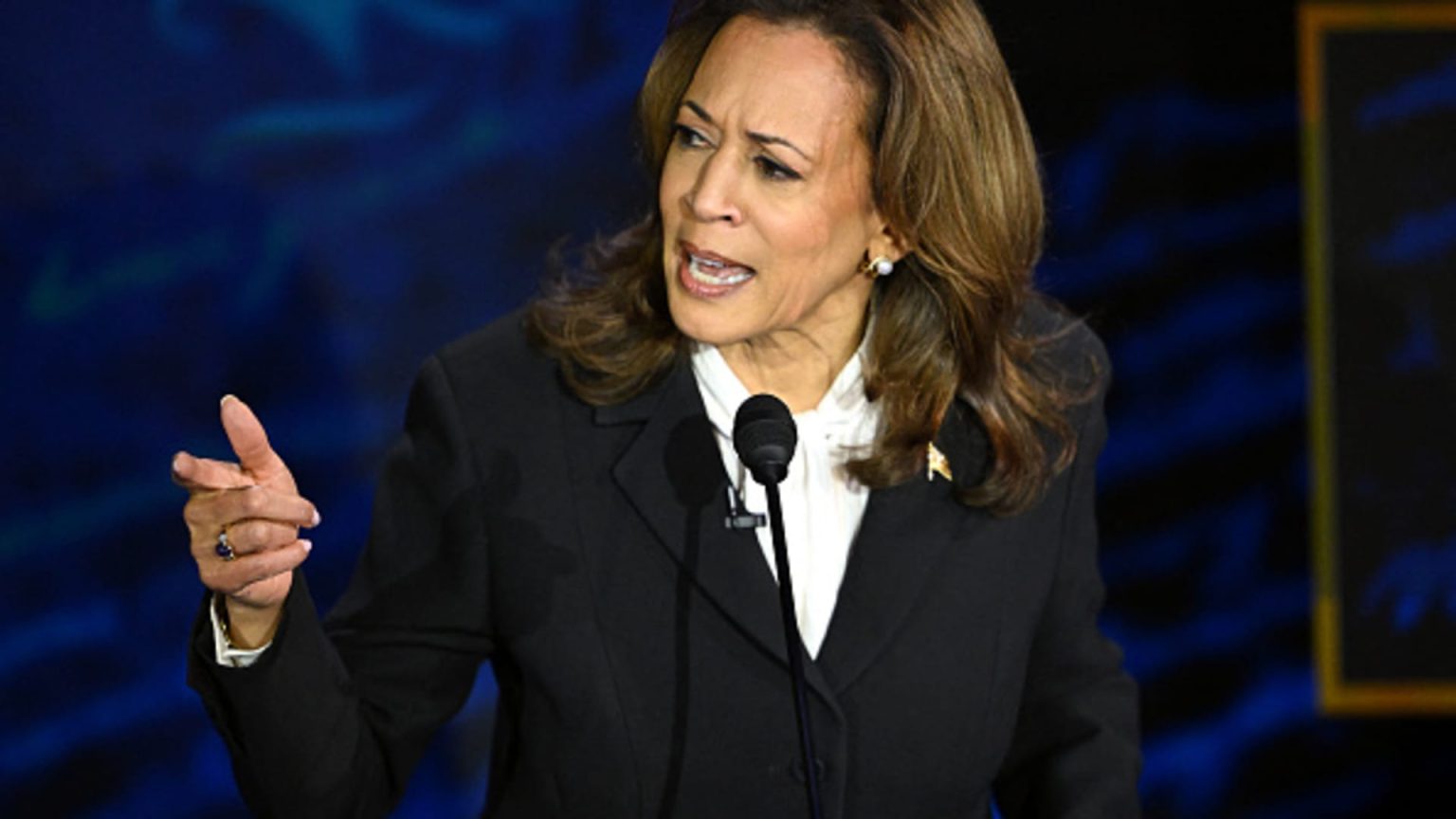During the presidential debate hosted by ABC News, Donald Trump and Kamala Harris clashed on their views regarding China policy. Trump defended his vows to increase trade duties on China, including blanket tariffs ranging from 10% to 20% and additional tariffs from 60% to 100%. He argued that other countries would finally pay back the U.S. for all its contributions to the world and highlighted the billions of dollars his administration had taken in from China. Trump also pointed out that the Biden-Harris administration had kept most of his tariffs on China, indicating that removing them would disrupt their plans.
In response to Trump’s proposed tariff increases, Harris criticized the Trump administration for its weaknesses in dealing with China. She highlighted that the trade deficit under the Trump administration had reached historic levels and accused Trump of inviting trade wars. Harris also accused Trump of selling American chips to China to help them enhance their military capabilities, suggesting that the policy towards China should be focused on ensuring that the U.S. maintains its competitive edge in the 21st century. She emphasized the need to invest in American-based technology, support the workforce, and strengthen relationships with allies to win the race in areas such as AI and quantum computing.
Trump dismissed concerns about his proposed tariff increases causing higher prices for consumers, insisting that China and other countries that have been taking advantage of the U.S. for years would be the ones facing repercussions. The Biden administration maintained Trump’s tariffs and raised tariffs on $18 billion of Chinese goods, including semiconductors and electric vehicles. Trump argued that the tariff policy would benefit the U.S. by holding other countries accountable for their actions and bringing in significant revenue to the country. However, Harris countered that the focus should be on strategic restrictions coordinated with U.S. allies to ensure that America remains at the forefront of technological innovation and economic competition.
Economists and policy experts had predicted that Trump’s economic policy towards China in a second term would continue to center on heavy trade tariffs. In contrast, Harris was expected to emphasize targeted restrictions in coordination with U.S. allies to address issues with China. Trump’s approach leaned towards a more aggressive stance through blanket tariffs, while Harris advocated for a more strategic and collaborative approach that prioritizes American interests and fosters relationships with allies. The debate between Trump and Harris highlighted the contrasting views on China policy and the strategies each candidate would pursue to address economic and strategic challenges posed by China in the future.













